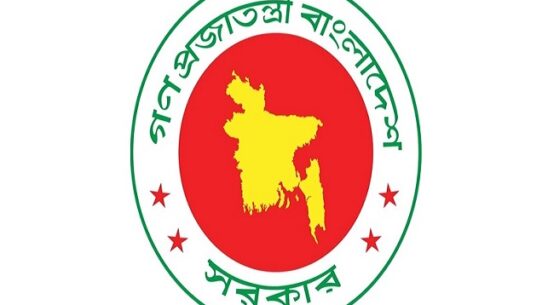Former president of the Metropolitan Chamber of Commerce and Industry (MCCI) Nihad Kabir has said surveillance should be increased not only on taxpayers but also on officials who are involved in collecting revenue and spending budget allocations.
“Importance should be given to reducing leakage in government’s income and expenditure. If we pour water into a leaky container, it will vanish. And then you [the government] tell us [businessmen] to pour more water, which is not fair,” he said at a roundtable on the proposed budget at Lakeshore Hotel in the capital on Sunday.
In the meeting, business leaders highlighted their harassment at the revenue collection stage along with their concerns regarding the ongoing energy crisis and various aspects of the proposed income tax law.
Nihad Kabir said, “Every time we go abroad, we have to submit a wealth statement. It will not make us feel good. Some officers of the National Board of Revenue (NBR) might feel better.”
Md Siddiqur Rahman, the industries and trade affairs secretary of the central Awami League, organised the roundtable titled “National Budget: Expectations of Businessmen and Implementation”.
Planning Minister MA Mannan, FBCCI President Md Jashim Uddin, Dr Khondaker Golam Moazzem, research director at the Centre for Policy Dialogue (CPD), and Dr Ahsan H Mansur, executive director of the Policy Research Institute, among others, attended the discussion.
Economists and experts questioned the budget size, growth, private investment, and inflation targets amid the ongoing economic crisis.
Dr Khondaker Golam Moazzem, research director at the Centre for Policy Dialogue (CPD), said, “We are all talking about the crisis but looking at the budget, it seems that there is no crisis. The finance minister is not acknowledging it.”
“Otherwise, how come the growth target is set at 7.5%? Is it feasible? How will the private sector attract Tk4 lakh crore investment next fiscal year? How will the taka appreciate against the US dollar? The finance minister avoided these issues.”
Referring to the power crisis, he said, “The amount of coal that has been imported for the two big power plants will last only three and a half days. But the government is saying that the crisis will be resolved within 15 days.”
At the meeting, Federation of Bangladesh Chambers of Commerce and Industries (FBCCI) President Md Jashim Uddin urged the government to give importance to inflation and energy in next year’s budget.
Regarding the revenue collection target of Tk5 lakh crore in the next budget, he said, “When the collection target increases, we [businessmen] get scared. The pressure will increase because about 55% of the revenue is collected from Tax Deducted at Source [TDS].”
Acting President of Bangladesh Textile Mills Association Md Fazlul Haque expressed disappointment saying the fuel prices were hiked but the supply is still not uninterrupted.
“Fuel oil prices were hiked by 86%. Uninterrupted supply was supposed to be ensured but industries are shutting down. Whether one says it or not, exports are going down,” he said.
Dr Ahsan H Mansur, executive director of the Policy Research Institute, said, “The crisis that the country is facing did not occur due only to global reasons. Local factors are in the play here. Fuel import bills worth $2.7 billion could not be paid because of the dollar crisis. If it was a global issue, then why is India not facing the same problem?”
Calling for an uninterrupted supply of electricity and energy, Md Siddiqur Rahman, the industries and trade affairs secretary of the central Awami League, said, “Ensure energy, and we will ensure industrialisation. Businesses will not grow without energy.”
The planning minister acknowledged that the implementation of the budget will face some problems.

